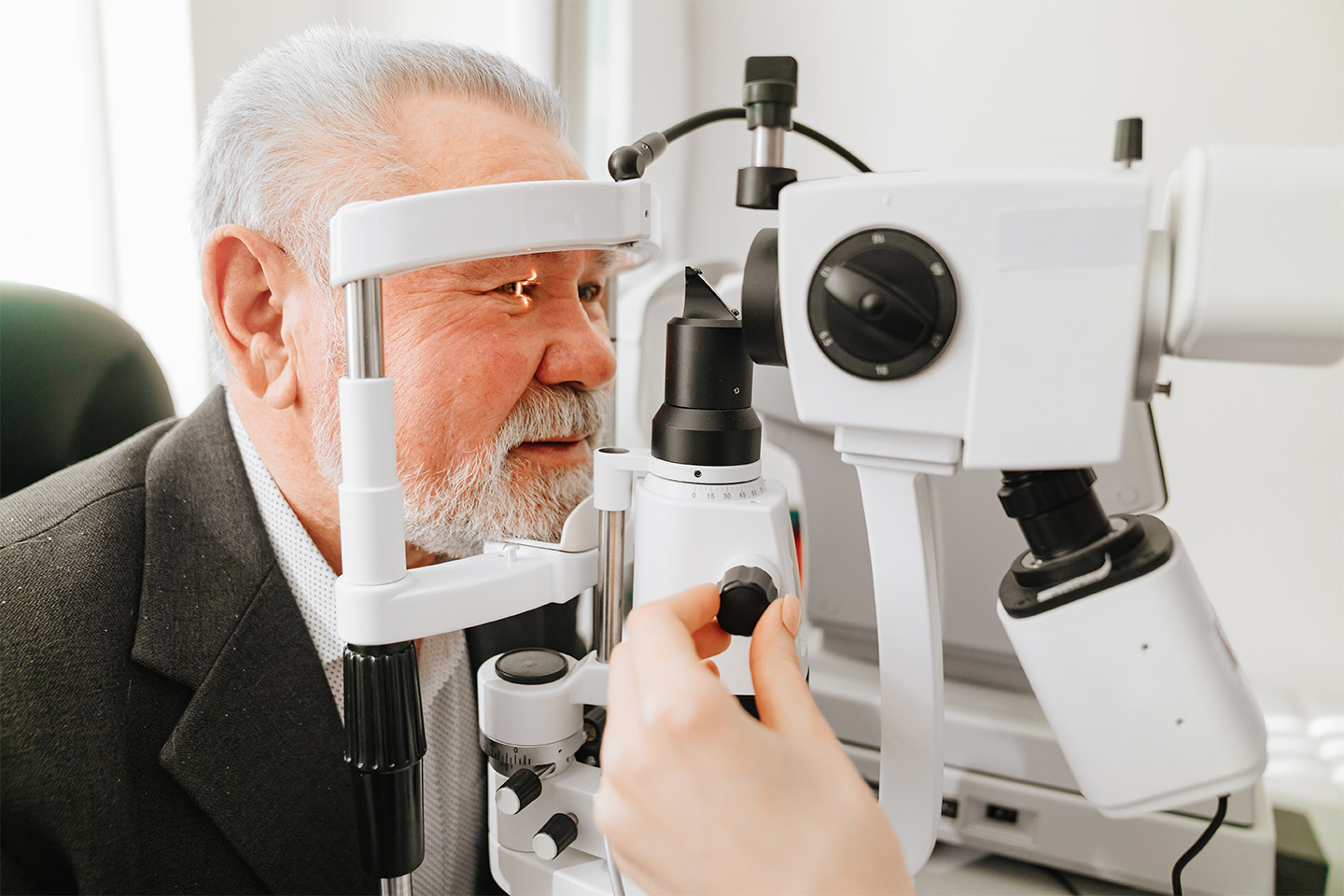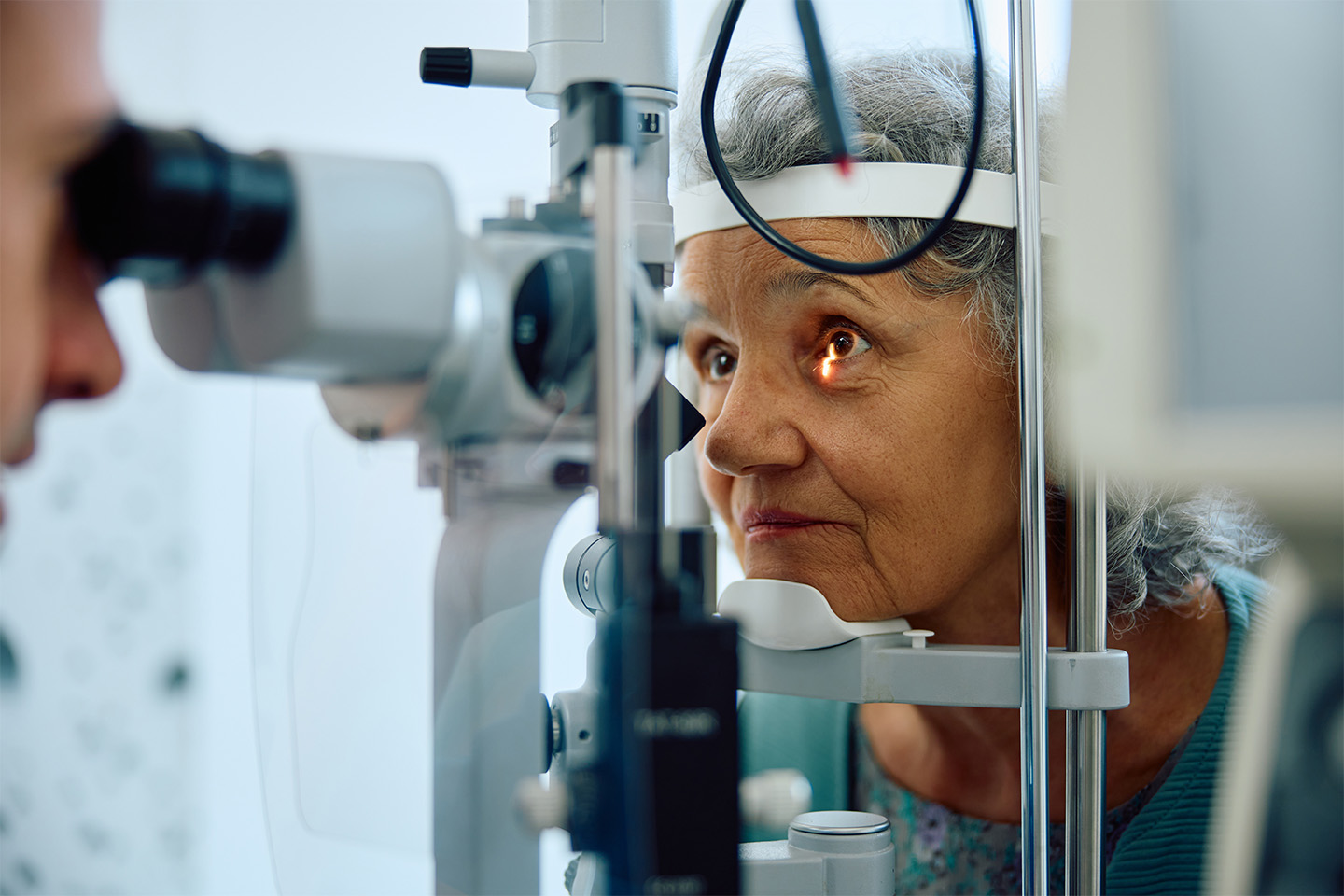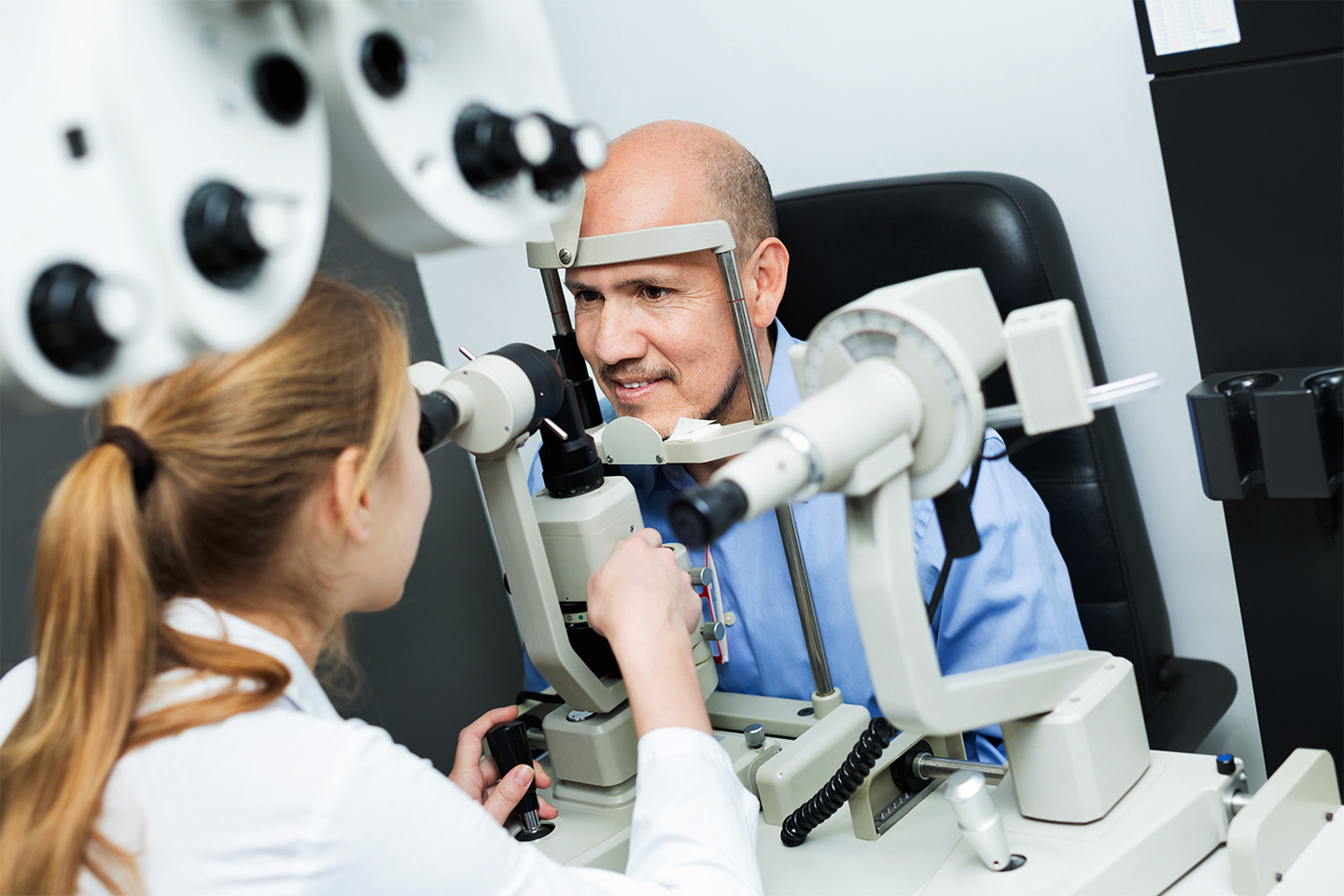Eye Irritation: Common Causes and Treatments

Eye irritation can result from a variety of factors, but simple treatment options can provide relief.
Irritated and itchy eyes can be caused by a variety of environmental or lifestyle factors. In order to effectively relieve your discomfort, it’s helpful to understand what type of irritation you’re dealing with. Your doctor will usually offer a quick solution like eye drops or a cold compress, but some conditions may require more urgent attention.
Common causes of irritated eyes include:
Conjunctivitis
Conjunctivitis — commonly known as “pink eye” — can be a viral or bacterial infection of the clear membrane (conjunctiva) that covers the white part of your eyeball. With conjunctivitis, your conjunctiva becomes inflamed, causing the small blood vessels within the membrane to dilate. This inflammation is what gives your irritated eye a reddish tint. Symptoms can include swollen, itchy, and burning eyes, as well as discharge.
While conjunctivitis often clears up on its own, over-the-counter or prescription medications might be necessary. If you’re showing symptoms of conjunctivitis, consult an eye doctor on which steps you should take.
Allergies
There are a few common signs you’re suffering from eye allergies. For instance, both eyes are generally affected, and irritation occurs soon after you’re exposed to an allergen. For people who are prone to eye allergies, your eyes will become itchy, red, and watery when you encounter an irritant. Common allergens include pet dander, mold, pollen, and dust.
To prevent eye allergies, try your best to avoid the allergen that causes irritation. If that’s not possible, you can soothe the itching with eye drops or a cool compress. If your eye allergies are persistent and difficult to manage, your eye doctor might prescribe medication.
A Stye
If you notice a swollen red lump at the edge of your eye, you might have a stye. Styes can be tender, painful, and even affect your vision. Similar to a pimple, a stye is caused by bacteria that gets stuck in the oil glands of your eyelid, which becomes irritated and can fill with pus.
Styes usually go away on their own after a few days. If you experience persistent styes, consult your eye doctor on how to safely clean your eyes from potential bacteria. If styes are a problem for you, you might want to discuss antibiotic treatment options.
Improperly-Cleaned Contact Lenses
Wearing your contact lenses for too long or neglecting to clean them properly, may cause eye irritation. In some cases, you could develop an ulcer on your cornea, which is the outer layer of your eyeball. Corneal ulcers can cause a range of symptoms, from mild irritation to severe pain.
Because corneal ulcers have the potential to damage your vision, you should contact an eye doctor as soon as possible after showing symptoms. Your doctor might prescribe antibiotics, a personalized eyepatch, or, in severe cases, a surgical procedure.
Digital Eye Strain
In the twenty-first century, a common cause of eye irritation is digital eye strain. Staring at a computer or tablet for hours forces your ciliary muscles to tighten in order to focus on close-up objects. If you’ve been staring at a screen for too long, chronic strain can cause your eye muscles to become red and irritated.
The simple solution is, of course, less screen time. But realistically, many of us can’t take a day off from our screen-centered lives. To prevent digital eye strain, you can take regular short breaks from staring at your computer or phone, blink often, and minimize the glare on your screen.
Should I See an Eye Doctor?
If you’re experiencing eye irritation, it’s always best to consult a trustworthy eye doctor. Eye doctors can prescribe medication for persistent irritation, and diagnose your condition to rule out any serious problems that might affect your vision. For expert eye care near you, schedule an appointment at our Mesa and Chandler locations. We offer some of the Phoenix area’s most qualified eye doctors in a patient-centered practice with competitive rates.









